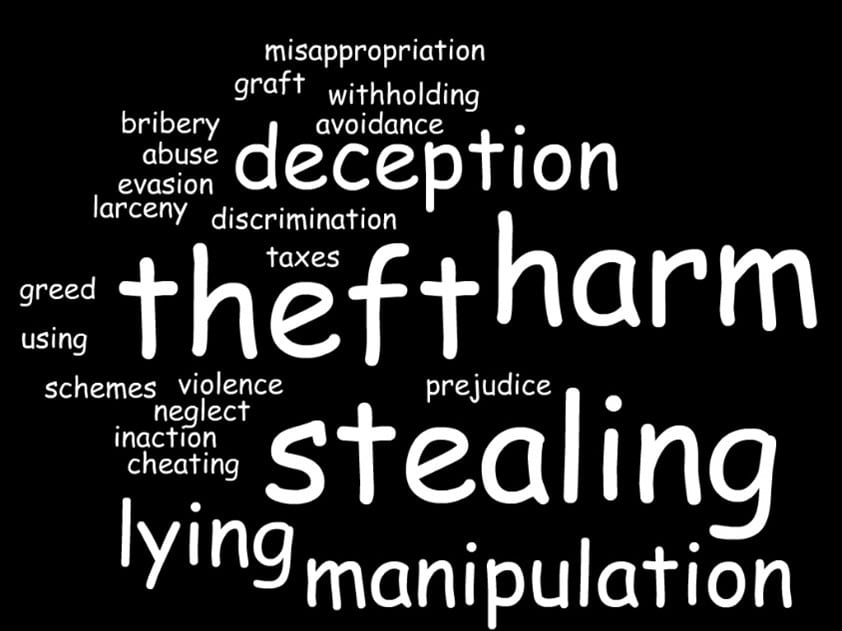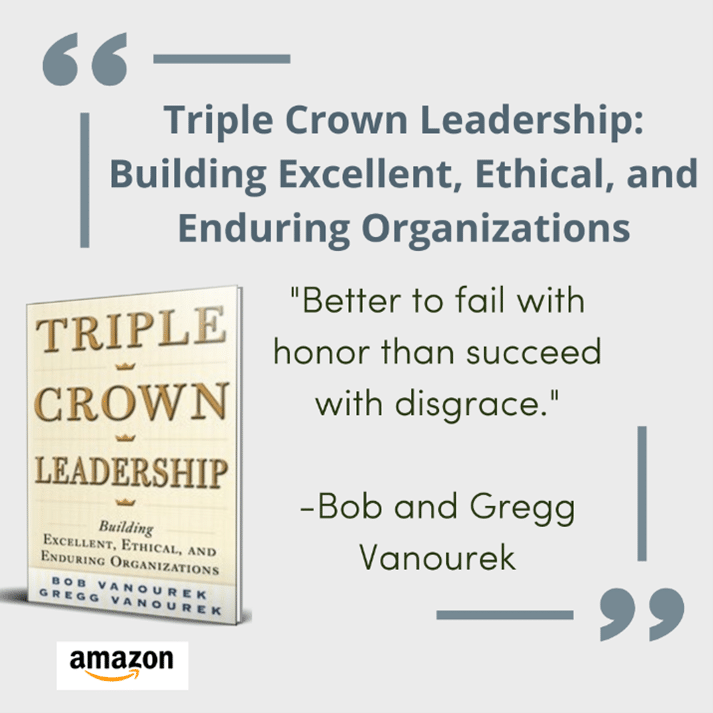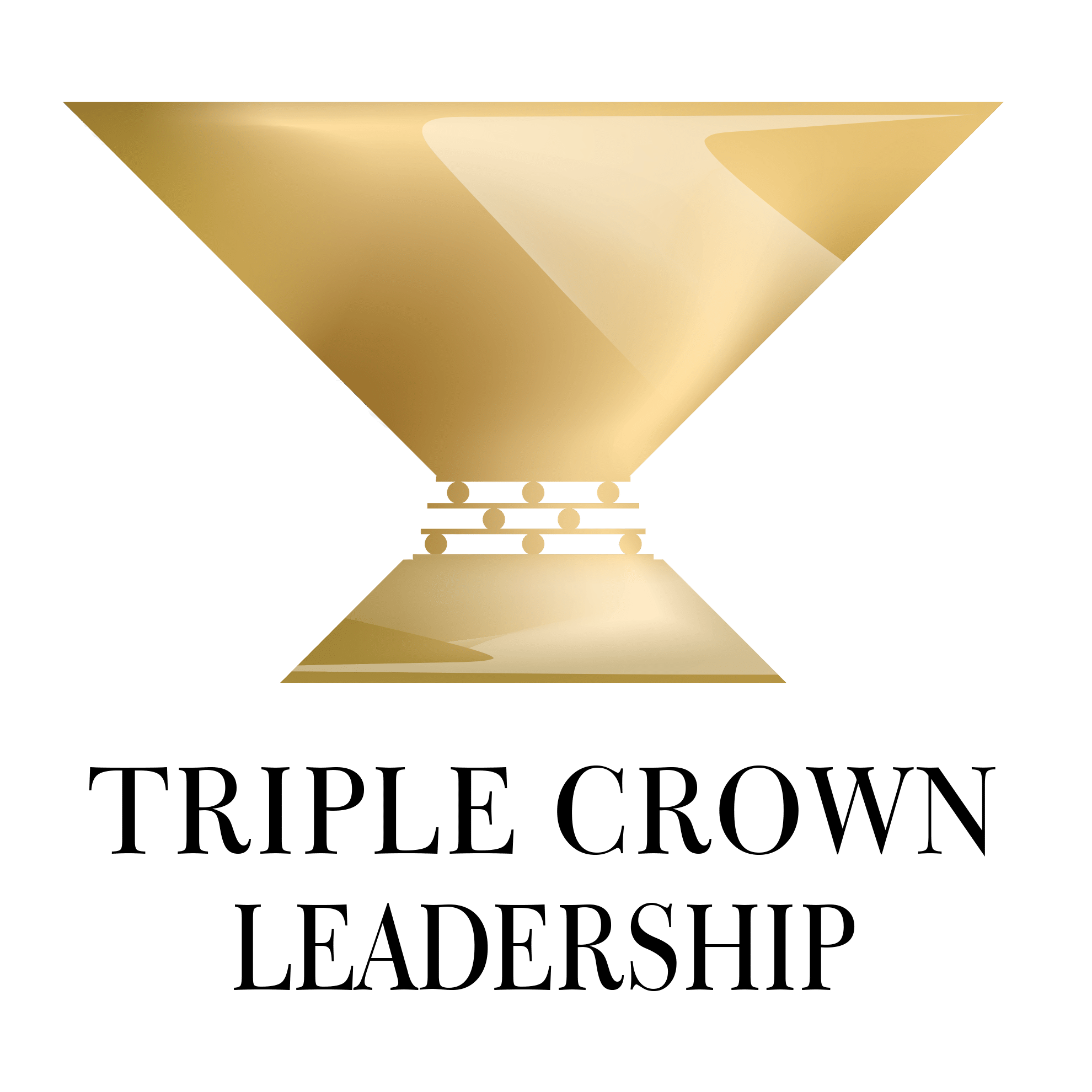Some industries are ethically dirty, with widespread corruption, while others are clean. Most are somewhere in between. What are the signs of ethical challenges in an industry—and what to do about it?
Many industries get good marks overall, including consulting, education, electronics, health, nonprofits, and more. Other industries are known for having ethical challenges. Examples include aerospace and defense, financial services, construction, cosmetics, energy, mining/extraction, pharmaceuticals, private prisons, information and communications technology, tobacco, and transportation and storage.
The point, of course, isn’t that all people and all companies in these industries are corrupt. Far from it. We believe that most people want to do good work, live by their core values, and support their families with a paycheck while having dignity at work.
We also believe that business can be a worthy endeavor—especially when animated by a larger quest (such as the quest to be excellent, ethical, and enduring in triple crown leadership, or the quest to benefit people and the environment locally and globally via ethically grounded free enterprise in conscious capitalism).
But we’re also clear-eyed about the ethical challenges, dilemmas, and abuses that occur in organizations of all shapes and sizes in all industries. It does appear to us that some industries are more prone to corruption and ethical challenges.
According to the Organization for Economic Cooperation and Development (OECD), about 60% of bribery cases occurred in just four sectors: extractive (19%); construction (15%); transportation and storage (15%); and information and communication (10%). According to the OECD, 57% of bribes were paid to obtain public procurement contracts, 12% for clearance of customs procedures, and 6% for preferential tax treatment. Management-level workers paid or authorized the bribe in 41% of cases, and the CEO was involved in 12% of them. Intermediaries (such as local sales agents, distributors, and brokers) were involved in about three of four foreign bribery cases.
Factors that Can Lead to Corruption in an Industry
According to Deloitte, there are many factors that can make an industry or sector particularly vulnerable to economic crime, including:
- complex corporate structures
- decentralized operations and storage of inventory
- extensive use of distributors and agents
- requirements for licenses, permits, and regulatory clearances
- legislative, regulatory, and political exposure in multiple jurisdictions
- complex, cross-border distribution channels
- geographically complex supply chains
- extensive involvement with government officials
- multi-jurisdictional operations with differing legislative and political environments
Beyond these industry issues, there are also challenges with corruption in some regions and countries. See, for example, the Corruption Challenges Index from the Risk Advisory Group, the Corruption Perceptions Index from Transparency International, and the Bribery Risk Matrix from TRACE International. In some regions, for example, “facilitating payments” to government officials are an accepted business practice. In other regions, they’re flatly illegal.
What’s more, the picture can get murky because of conflicting dynamics. For example:
- Local commercial banks are highly trusted while Wall Street investment banks or hedge funds pay huge fines for egregious behavior
- Pharmaceutical firms are lauded for life-saving drugs but vilified for price-gouging
- Consumer products firms are acclaimed for fulfilling customer desires but maligned for ingredients that harm people’s health (e.g., processed foods or tobacco)
It’s confusing.

Leadership Derailers Assessment
Take this assessment to identify what’s inhibiting your leadership effectiveness. It will help you develop self-awareness and identify ways to improve your leadership.
Is Any Industry Immune from Ethical Challenges?
Unfortunately, all industries face ethical challenges. Below is a punch list of ethical issues across many major industries and sectors:
- Advertising: deceptive or misleading advertising, “bait and switch” tactics
- Aerospace: fraud, export control violations, facilitation of tax evasion, breaches of economic sanctions
- Auditing: conflicts of interest, revenue recognition schemes
- Auto: product safety problems, vehicle emissions deception
- Banking & Financial Services: money laundering, irresponsible lending, subprime lending, excessive interest rates, phony accounts, derivatives trading scandal
- Education: profiteering, cheating scandals, manipulation of data to affect school ratings, college admissions scandal at elite universities
- Energy: oil spills (and gross negligence), bribery, kickbacks, fraudulent special-purpose entities, underpaid royalties for natural resources, human-rights violations against critics
- Extractive: bribery, fraud, false accounting of inventory reserves, misrepresentation of assets or product quality, manipulation of accounts
- Government/Politics: abuse of power, bribery, corruption, cover-ups, insider trading, break-ins, money laundering, racketeering, perjury, obstruction of justice, embezzlement, sex scandals, mishandling of classified documents, espionage, political violence
- Health & Medical: bribery, drug trial fixing, profiteering, drug testing problems
- Law: double-billing, conflicts of interest, money laundering
- Law Enforcement: abuse of power, excessive use of force, discrimination
- Nonprofits/NGOs: deceptive claims, financial impropriety, fund-siphoning, sexual exploitation by aid workers, funded projects not carried out
- Pharmaceuticals: price-gouging, tainted products, human experiments, opioid crisis
- Religion (organized): abuse, cover-ups, extremism, cults
- Sports: doping, bribery, match fixing, cheating
- Technology: unsafe working conditions, surge pricing, sexual harassment, gender discrimination, misuse of data, privacy concerns, addictive products, abuse of algorithms, facilitating social unrest for profit, manipulating elections
The point with the list above isn’t whether these industries are ethically dirty or clean. Most are a mixed bag. The take-away is that ethical challenges are ubiquitous. Regardless of what industry we work in, we must be mindful of ethical challenges and dilemmas. People are imperfect beings, and money, power, and perks can be mightily tempting.
General examples of ethical problems across many industries include financial statement fraud, “cooking the books,” greenwashing, unfair trade, tax evasion, hostile or unsafe workplaces, discrimination, harassment, product safety problems, environmental harm, and more. Clearly, we have work to do.

We need a better brand of leadership.
Outliers Bucking Their Industry Trends
Clearly, no industry is perfect. And every industry has outliers that operate against the standard practices. Such outlier behavior can give them a short-term competitive advantage.
Sometimes the corrupt outlier is discovered and hammered for crossing the line. Sometimes the clean outlier is hurt in the short term but succeeds later as it builds trust with customers over time.
Take the case of Infosys, which we described in our book, Triple Crown Leadership: Building Excellent, Ethical, and Enduring Organizations. They set out to differentiate themselves through their ethical values as the “most respected company” in India, which struggled at the time with a business culture rife with bribery.
When Infosys imported its first computer to Bangalore in 1984, a customs official requested a bribe, which the firm ignored. Infosys paid a duty ten times higher than normal, borrowing the money to pay the higher fee. It took six years to recover the funds through a protest process. Similarly, Infosys paid a 40% premium for its Bangalore headquarters land after refusing to pay a bribe.
The government used to levy a duty of 135% on imported software packages. The company’s rivals manipulated their invoices to pay lower duties, but Infosys leaders refused to play along.
When asked in a 2011 Harvard Business Review interview about whether Infosys worried about competitive disadvantage from such actions, then-CEO Narayana Murthy responded: “It takes time to benefit from putting values first. You feel the pain immediately and you reap the gains only in the long run…. It took just a few years for corrupt officials to stop approaching us for favors. Because of Infosys’ ethical image, our clients entrusted us with increasingly bigger projects. Our values have thus become our advantage, gaining us larger revenues, top-flight talent, and great investors and earning us the respect of governments and societies.”
“The softest pillow is a clear conscience.”
-Narayana Murthy, co-founder and former CEO, Infosys
Implications for You and Your Career
What does all this mean for you and your career? There are different scenarios you may find yourself in. For example, you can work in:
- an ethical organization in a clean industry
- an ethical organization in a problematic industry
- an unethical organization in a clean industry
- an unethical organization in a problematic industry
Or, more likely, you can work in an ethically mixed organization in an ethically mixed industry. The picture may be muddy. (If you work for a toxic boss, see our article, “What to Do If You Work for a Toxic Boss?”)
If you work in an industry that struggles with corruption or other ethical challenges, consider asking yourself the following questions:
1. Can I find an ethical organization to work for in this industry?
2. Am I rationalizing away any questionable or problematic behavior in my industry or organization? (See our article, “Rationalizations that Derail Leadership.”)
3. Can I work from within to help the industry become more ethical and transparent? (Can I join forces with an industry association or working group, such as the Maritime Anti-Corruption Network, keen to address the problems?)
4. Should I consider changing industries to avoid getting stained? If the practices are widespread and the pressures are great, will I be able to avoid getting caught up in the problems? How necessary is it for me to remain in this industry versus taking my skill sets elsewhere?
“If you lie down with dogs, you will get up with fleas.”
-old English proverb
5. Have I identified my personal values? And have I committed to upholding them always?
“Decide what you stand for. And then stand for it all the time.”
-Clayton Christensen

Personal Values Exercise
Complete this exercise to identify your personal values. It will help you develop self-awareness, including clarity about what’s most important to you in life and work, and serve as a safe harbor for you to return to when things are tough.
6. Do I have a mentor or coach I can speak to about these issues?
As humans, we’re all deeply impacted by our environments. In our work, that means our industry and organization can end up having a profound effect on us, for good or for ill.
What are you doing to ensure you have a career you and your family can be proud of?
Wishing you well with it, and let us know if we can help.
–Gregg and Bob Vanourek

Reflection Questions
- Do you work in an industry that struggles with ethical challenges?
- If so, what are you prepared to do about it?
- When will you start?
Tools for You
- Leadership Derailers Assessment to help you identify what’s inhibiting your leadership effectiveness
- Personal Values Exercise to help you determine and clarify what’s most important to you
- Alignment Scorecard to help you assess your organization’s level of alignment

Alignment Scorecard
When organizations aren’t aligned, it can reduce performance dramatically and cause frustration and dysfunction. With this Alignment Scorecard, you can assess your organization’s level of alignment and make plans for improving it.
Related Articles
- “What to Do If You Work for a Toxic Boss?”
- “Why Are We Talking About Ethics?”
- “The Ethical Challenges Faced by Leaders”
- “Ethical Decision-Making: Simple Tests”
- “How to Find a Great Organization to Work For”
- “Are You Strong Enough to Be a Voice of One?”
- “Leadership and the Ethics Imperative”
- “What’s Your Leadership Quest?”
- “The Importance of Integrity in Leadership”
- “The Root Cause of Ethical Failings”
- “Rationalizations that Derail Leadership“
Quotations on Ethical Leadership
- “It takes twenty years to build a reputation and five minutes to ruin it.” -Warren Buffett
- “I didn’t set out to commit a crime. I certainly didn’t set out to hurt anyone. When I was working at Enron, you know, I was kind of a hero, because I helped the company make its numbers every quarter. And I thought I was doing a good thing. I thought I was smart… but I wasn’t…. I lost my moral compass and I have done terrible things that I very much regret.” -Andrew Fastow, convicted felon and former CFO, Enron
- “Most of us think that the important ethical decisions in our lives will be delivered with a blinking red neon sign: CAUTION: IMPORTANT DECISION AHEAD… The problem is, life seldom works that way.” -Clayton Christensen
- “Moral regrets…. are the most individually painful.” -Daniel H. Pink, The Power of Regret
- “All that is necessary for evil men to triumph is for good men to do nothing.” -Edmund Burke
- “…much of what goes wrong isn’t caused by bad people doing bad things; it’s caused by good people doing bad things without knowing that they’re doing something bad. We have many optimistic illusions about ourselves, and we tend to behave unethically in ambiguous contexts. So when ethical lapses occur, they rarely happen in situations when what is right versus what is wrong is clear. They more typically occur when what is morally right is less clear, such as ‘doing what is right versus loyalty to the organization,’ or ‘doing what is right versus doing what I was told to do,’ or some other context that causes confusion.” -Max Bazerman, Harvard Business School Professor

Triple Crown Leadership Newsletter
Join our community. Sign up now and get our monthly inspirations (new articles, announcements, opportunities, resources, and more). Welcome!
+++++++++++++++++++++++
Bob Vanourek and Gregg Vanourek are leadership practitioners, teachers, and award-winning authors. They are co-authors of Triple Crown Leadership: Building Excellent, Ethical, and Enduring Organizations, a winner of the International Book Awards. Check out their Leadership Derailers Assessment or get their monthly newsletter. If you found value in this, please forward it to a friend. Every little bit helps!


